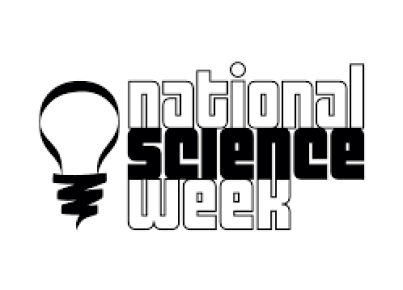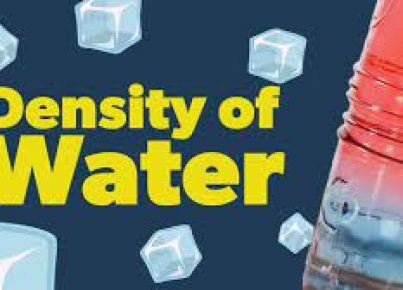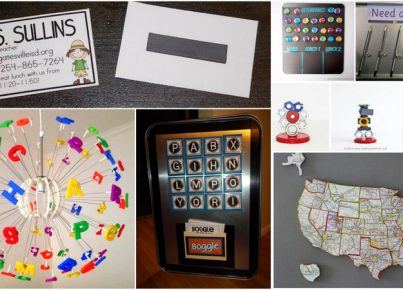Science fair projects offer an exciting and educational opportunity for elementary students to engage with scientific concepts hands-on. When looking for ideas that will light up a student’s curiosity, it’s crucial to choose a project that is both age-appropriate and offers the chance to explore scientific principles in depth.
There are a myriad of ideas suited for young learners ready to dive into the world of science. Projects can range from exploring the natural world to understanding physics or delving into chemistry. Here are some inspiring science fair project ideas that can spark a love for science in elementary students.
1. Plant Observations: Have students plant seeds in different conditions (sunlight, no sunlight, different soils, etc.) to learn about what plants need to grow and the process of germination.
2. Volcano Eruption: This classic experiment never gets old! Create a volcano using simple household items and watch as a chemical reaction takes place when vinegar and baking soda mix.
3. Water Cycle: Through this experiment, students can visualize evaporation, condensation, precipitation, and collection by creating their own miniature water cycle environment in a container.
4. Solar Oven: Challenge students to cook a s’more using nothing but the power of the sun with homemade solar ovens made from pizza boxes and aluminum foil.
5. Egg Drop: This physics project allows students to understand the concepts of force and motion by constructing a device that can protect an egg from breaking when dropped from a certain height.
6. Acid Rain Study: Students can simulate acid rain by mixing vinegar with water and observing its effects on different materials such as rocks, leaves, or metal surfaces.
7. Magnetic Fields: Visualize magnetic field lines using iron filings on paper above a magnet. This could lead to discussions about Earth’s magnetic field and navigation with compasses.
8. Slime Science: Creating slime from glue and borax solution gives insights into polymers and chemical bonding while also providing a fun sensory experience.
9. Balloon Rocket: An exploration of Newton’s third law of motion by designing and launching balloon rockets using string courses.
10. Crystal Growing: Experiment with solutions of salt or sugar water to grow crystals over time, offering lessons in saturation points and crystal structures.
These projects not only teach scientific concepts but also encourage critical thinking, problem-solving, and creativity. They serve as a platform for elementary students to apply classroom knowledge in practical situations and witness the thrill of discovery firsthand.





